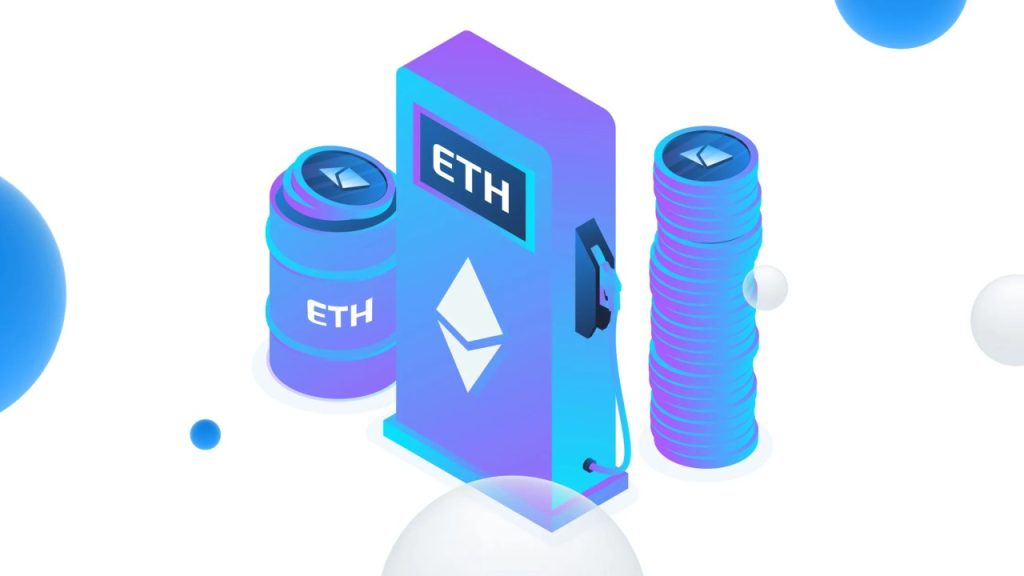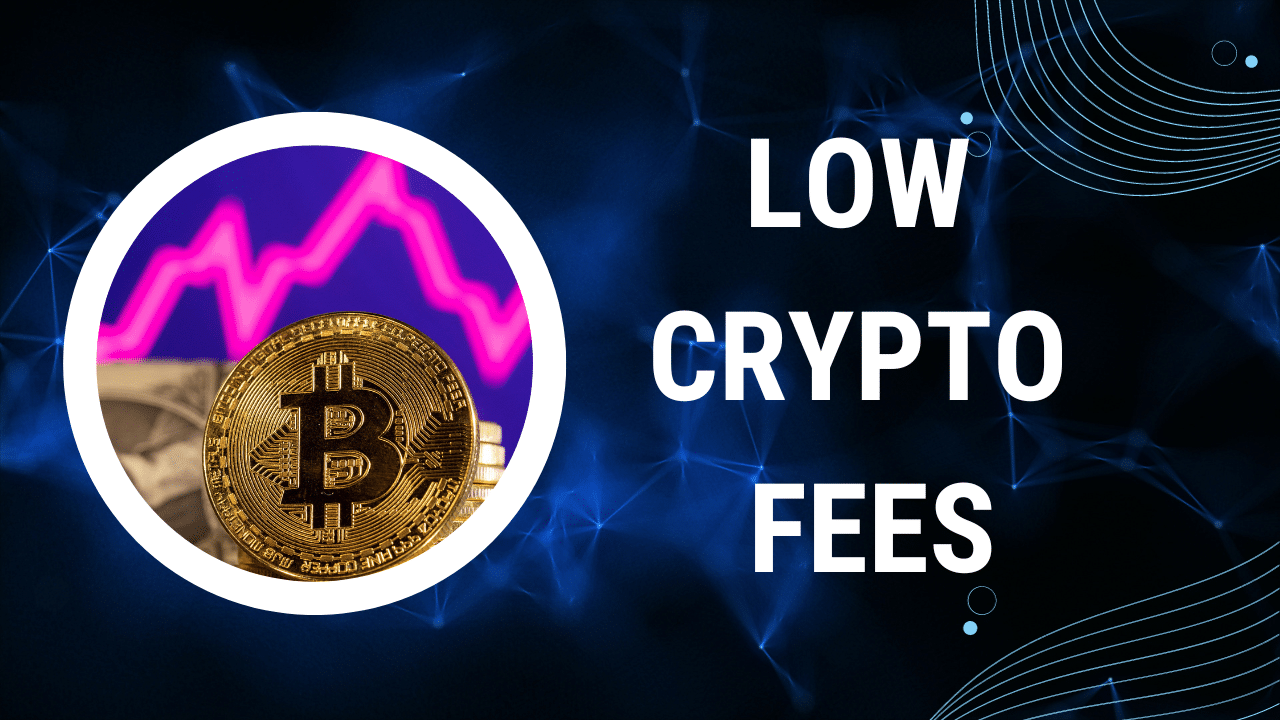As cryptocurrency continues to gain popularity and evolve, the efficiency of transactions has become a crucial factor for both developers and users. One significant aspect of transaction efficiency is the gas fee—the cost associated with processing transactions on a blockchain network. For those engaged in trading or utilizing decentralized applications (dApps), understanding and minimizing gas fees can lead to significant savings. This article will explore the concept of gas fees, identify cryptocurrencies with the lowest gas fees, and offer tips for optimizing transactions in the crypto space.
Understanding Gas Fees
Gas fees are transaction costs incurred when performing operations on a blockchain network. They compensate miners or validators who process and validate transactions. In networks like Ethereum, gas fees fluctuate based on network congestion and the complexity of the transaction. Higher fees often reflect a higher demand for block space, whereas lower fees may indicate less activity.
Gas fees are essential for maintaining the security and efficiency of blockchain networks. They prevent spam attacks and ensure that transactions are processed in a timely manner. However, high gas fees can be a barrier to entry for users, particularly when making frequent or small transactions.
Cryptocurrencies with the Lowest Gas Fees

Several cryptocurrencies are known for their low gas fees, making them attractive options for users seeking to minimize transaction costs. Here are some prominent examples:
- Polygon (MATIC): Polygon, formerly known as Matic Network, is a Layer 2 scaling solution for Ethereum. It significantly reduces gas fees and transaction times by processing transactions off-chain and settling them on the Ethereum mainnet. Polygon’s fees are typically a fraction of those on Ethereum, making it a popular choice for dApps and users looking to avoid high transaction costs.
- Binance Smart Chain (BSC): Binance Smart Chain is a high-performance blockchain that supports smart contracts and decentralized applications. BSC offers much lower gas fees compared to Ethereum, thanks to its efficient consensus mechanism and lower network congestion. This has led to widespread adoption and a thriving ecosystem of dApps and decentralized finance (DeFi) projects.
- Solana (SOL): Solana is a high-speed blockchain known for its low transaction costs and scalability. Its unique consensus mechanism, Proof of History (PoH), enables fast processing of transactions with minimal fees. Solana’s low gas fees make it an attractive platform for developers and users who require high throughput and cost efficiency.
- Avalanche (AVAX): Avalanche is another blockchain platform that provides low gas fees and high transaction throughput. It uses a consensus protocol called Avalanche consensus, which allows for rapid finality and minimal fees. Avalanche’s low-cost transactions are ideal for DeFi applications and other blockchain-based services.
- Algorand (ALGO): Algorand is designed to provide high performance and low transaction costs. Its consensus mechanism, Pure Proof of Stake (PPoS), ensures quick finality and low fees. Algorand’s efficient structure makes it a strong contender for applications that require frequent and low-cost transactions.
Tips for Minimizing Gas Fees

To further reduce gas fees, users can consider the following strategies:
- Choose the Right Time: Gas fees can vary throughout the day based on network activity. Monitoring network congestion and performing transactions during off-peak hours can help reduce costs.
- Optimize Gas Settings: Many wallets and exchanges allow users to customize gas fees. Opting for lower gas settings can reduce fees, but be cautious as setting fees too low may result in delayed transactions.
- Use Layer 2 Solutions: Layer 2 scaling solutions, such as those offered by Polygon, can help mitigate high gas fees by processing transactions off the main blockchain. Leveraging these solutions can significantly lower costs.
- Select Efficient Blockchains: As mentioned, some blockchains inherently offer lower gas fees. Choosing networks like Binance Smart Chain, Solana, or Avalanche for transactions can help keep costs down.
- Utilize Fee Estimation Tools: Several online tools and resources can estimate current gas fees and provide recommendations for optimal transaction settings. Using these tools can help users make informed decisions and avoid excessive fees.
In the rapidly evolving world of cryptocurrencies, managing gas fees is a critical consideration for users and developers alike. Cryptocurrencies with low gas fees, such as Polygon, Binance Smart Chain, Solana, Avalanche, and Algorand, offer efficient alternatives to more expensive networks. By understanding how gas fees work and employing strategies to minimize costs, users can enhance their experience and make the most of their crypto transactions. As the blockchain landscape continues to develop, staying informed about gas fees and exploring new technologies will be key to navigating the future of digital finance.

